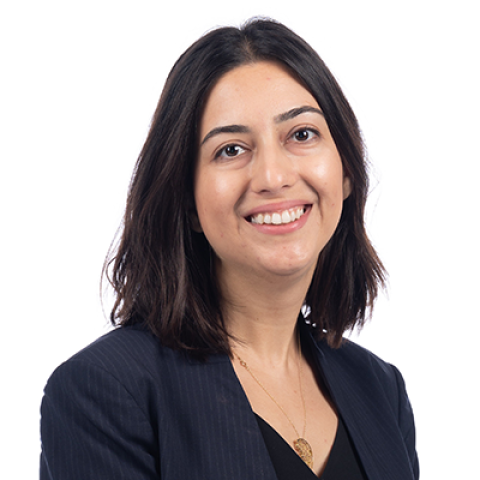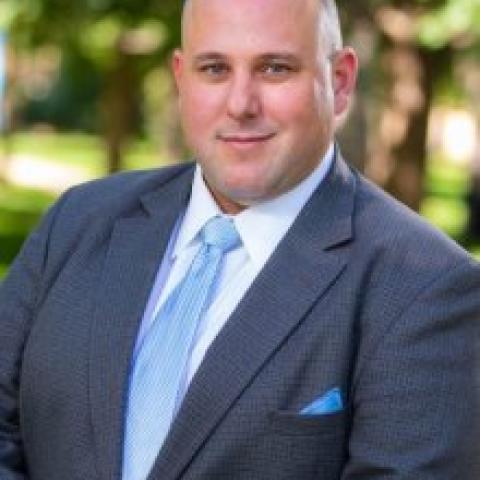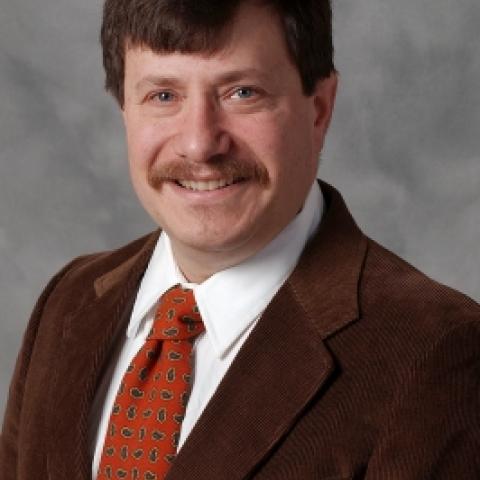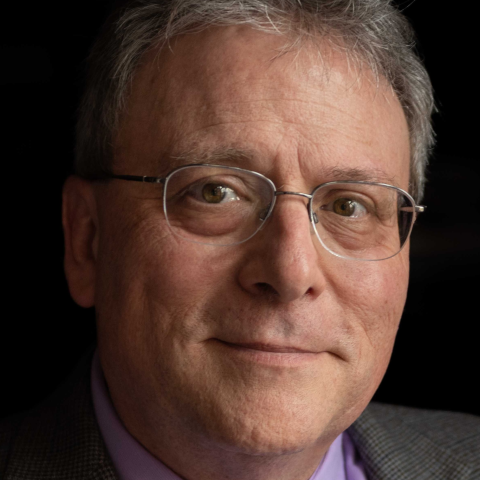Mijin Kim
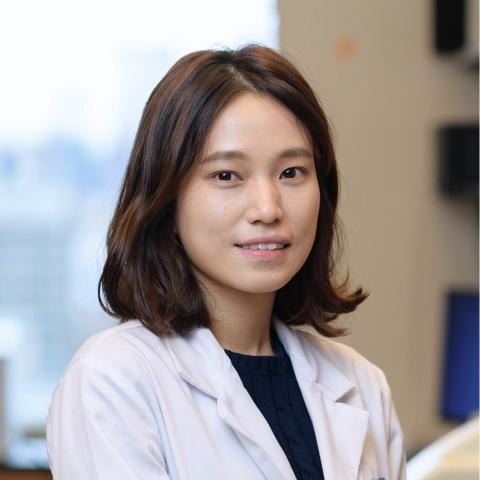
Mijin Kim is an assistant professor in the School of Chemistry and Biochemistry at Georgia Tech. Her research program is focused on the development and implementation of novel nanosensor technology to improve cancer research and diagnosis. The Kim Lab combines nanoscale engineering, fluorescence spectroscopy, machine learning approaches, and biochemical tools (1) to understand the exciton photophysics in low-dimensional nanomaterials, (2) to develop diagnostic/nano-omics sensor technology for early disease detection, and (3) to investigate biological processes with focusing problems in lysosome biology and autophagy. For her scientific innovation, Kim has received multiple recognitions, including being named as one of the STAT Wunderkinds and the MIT Technology Review Innovators Under 35 List.

